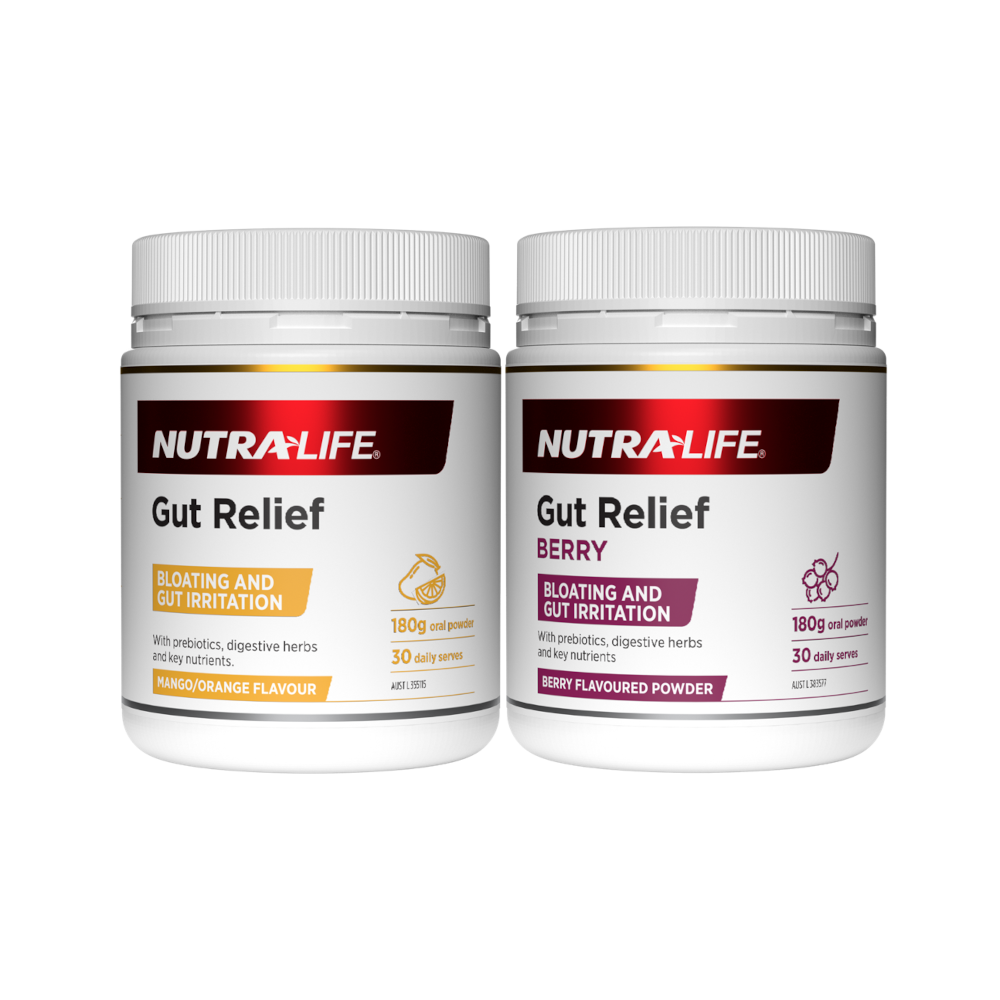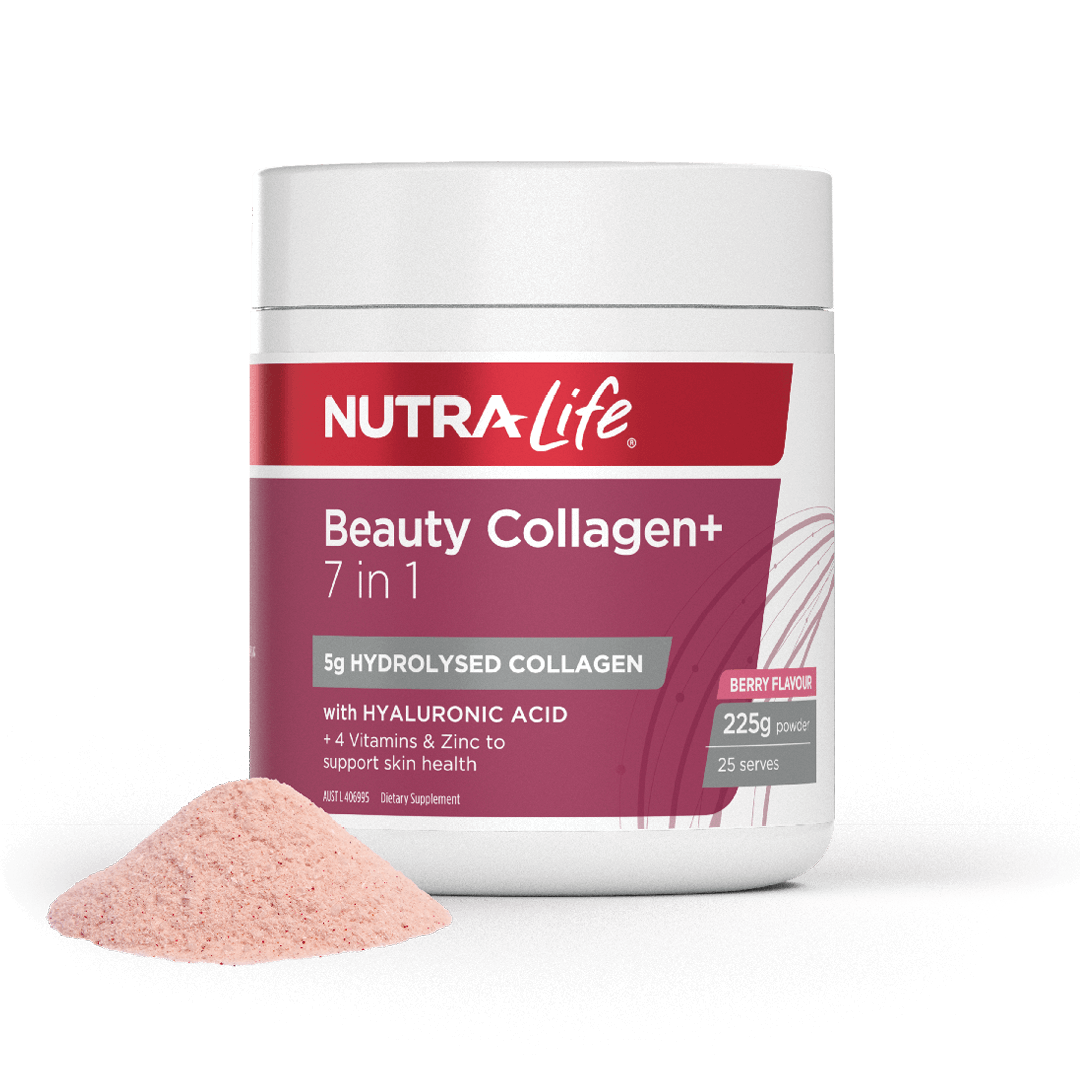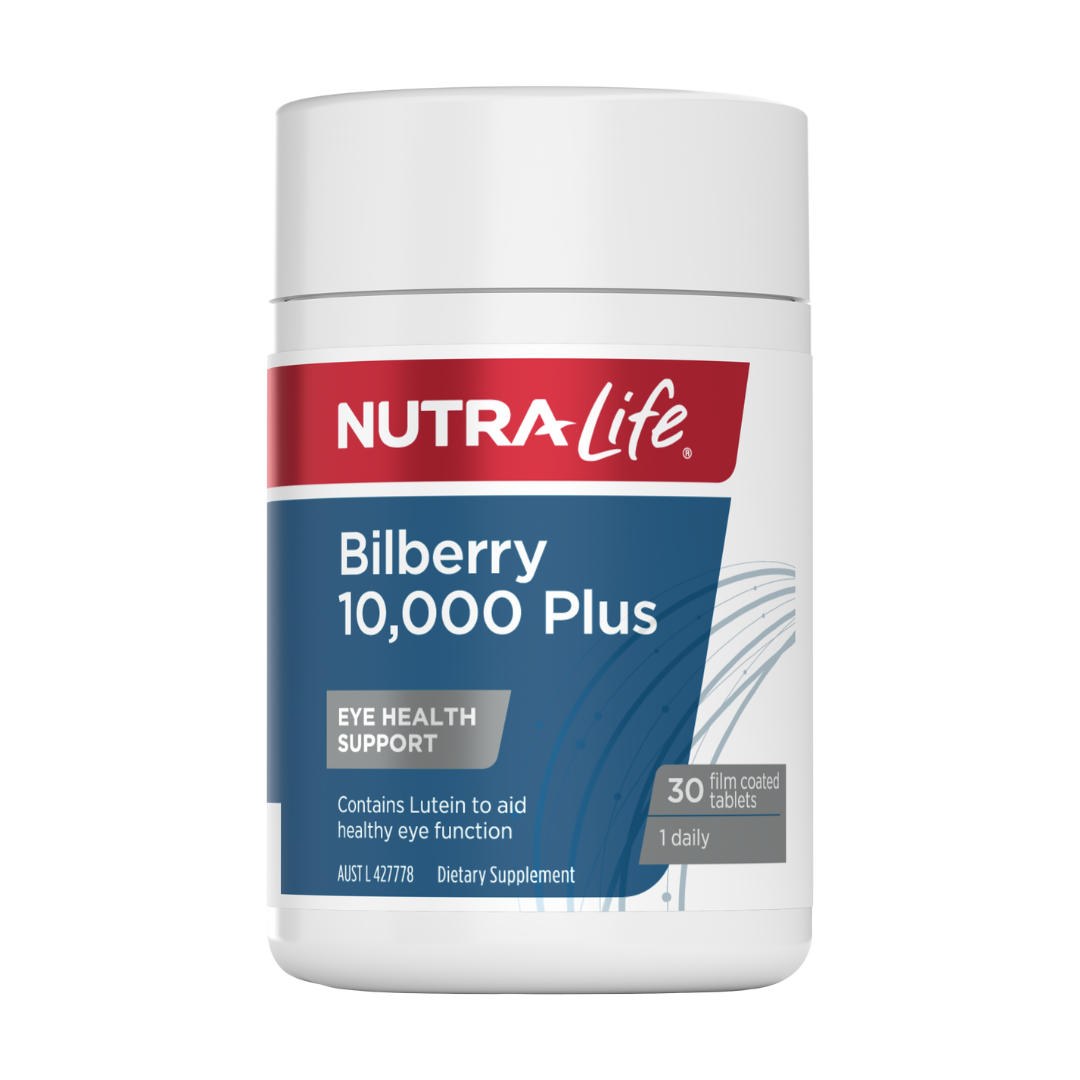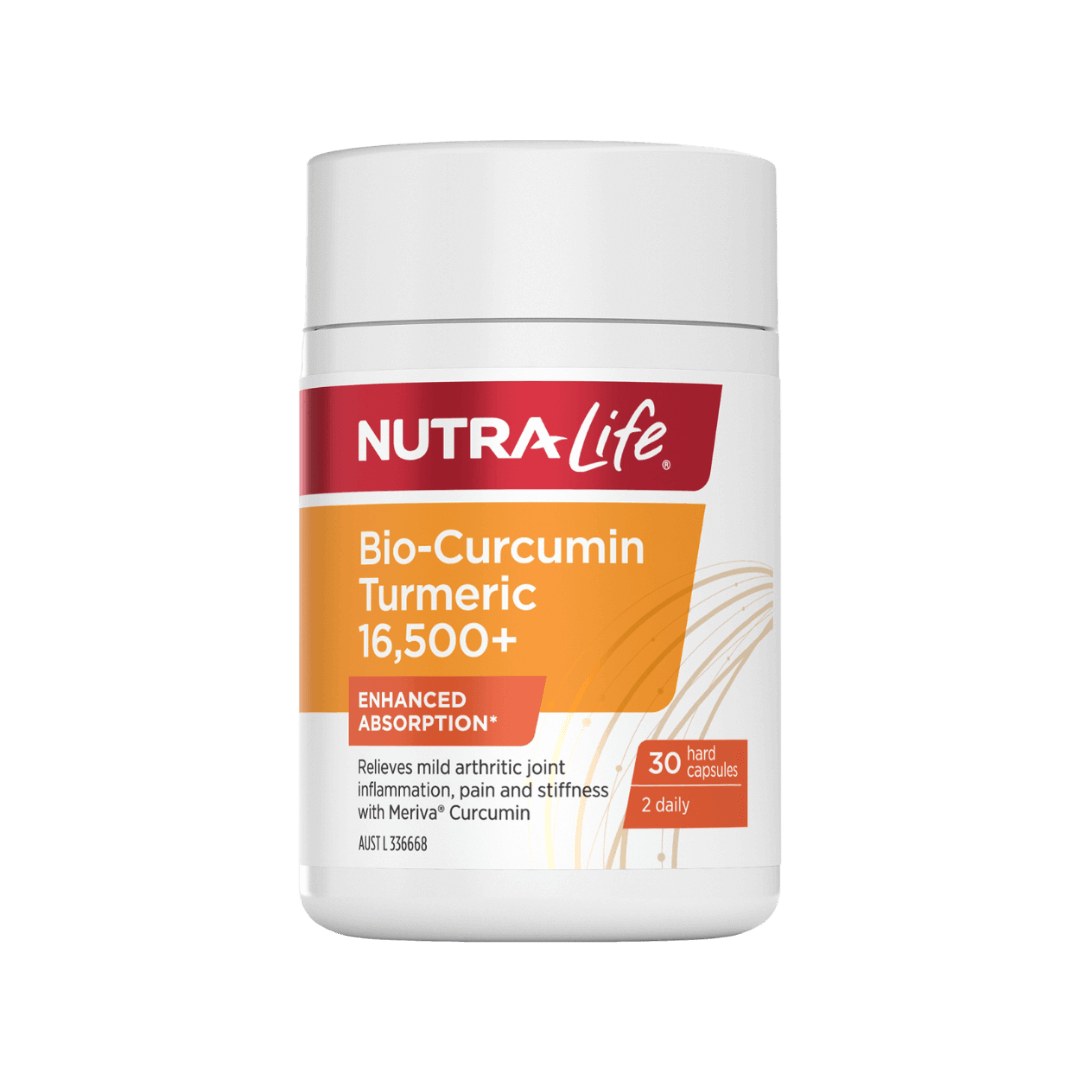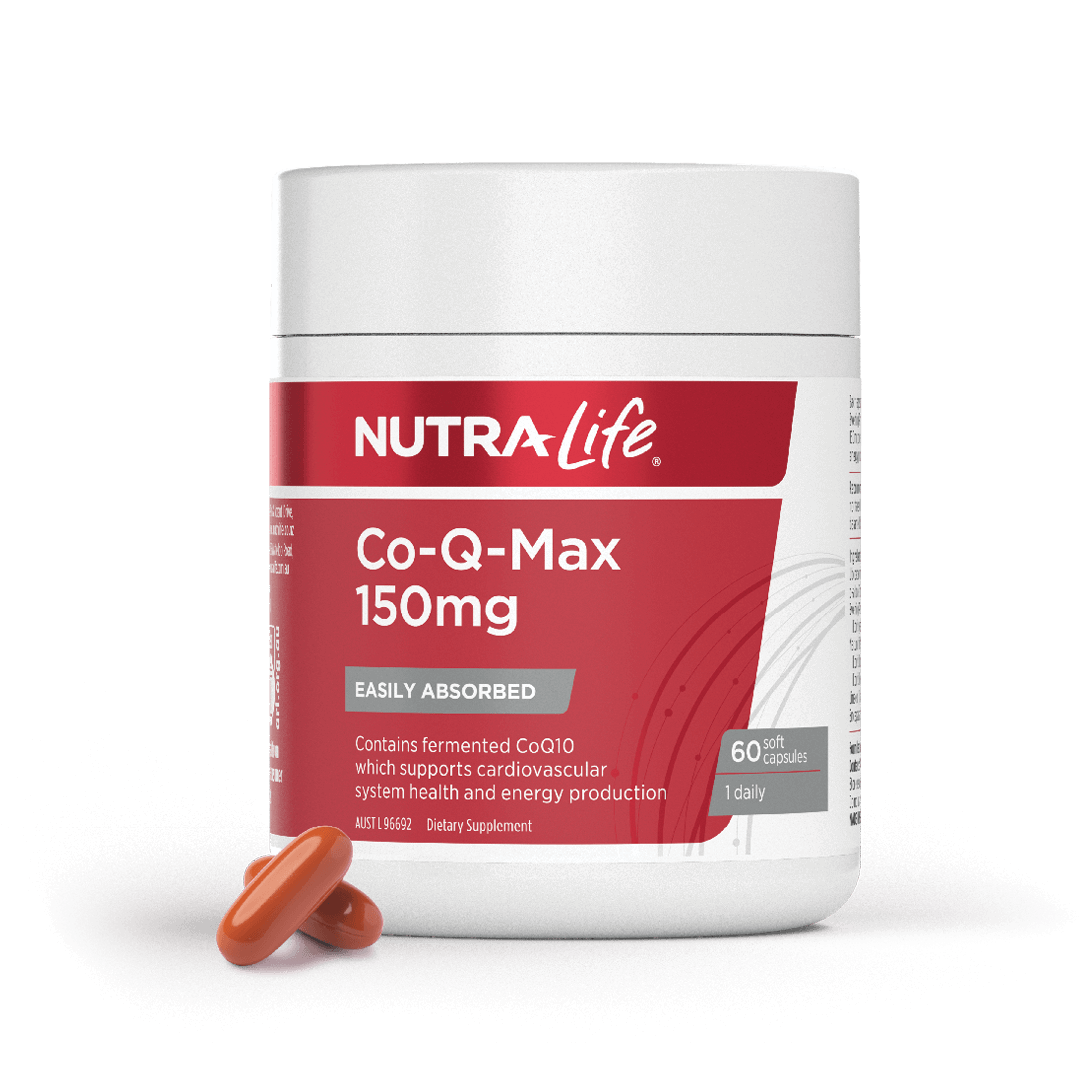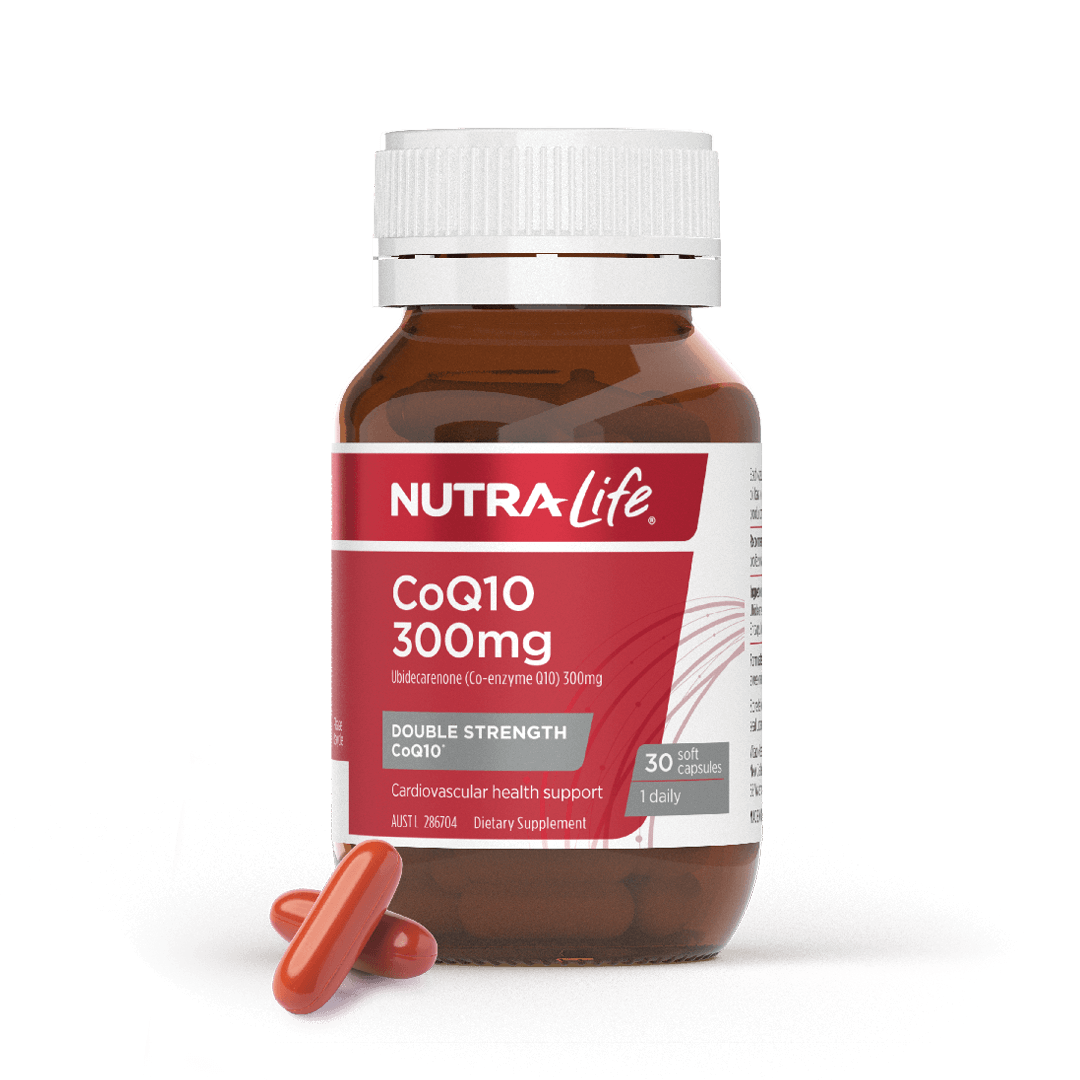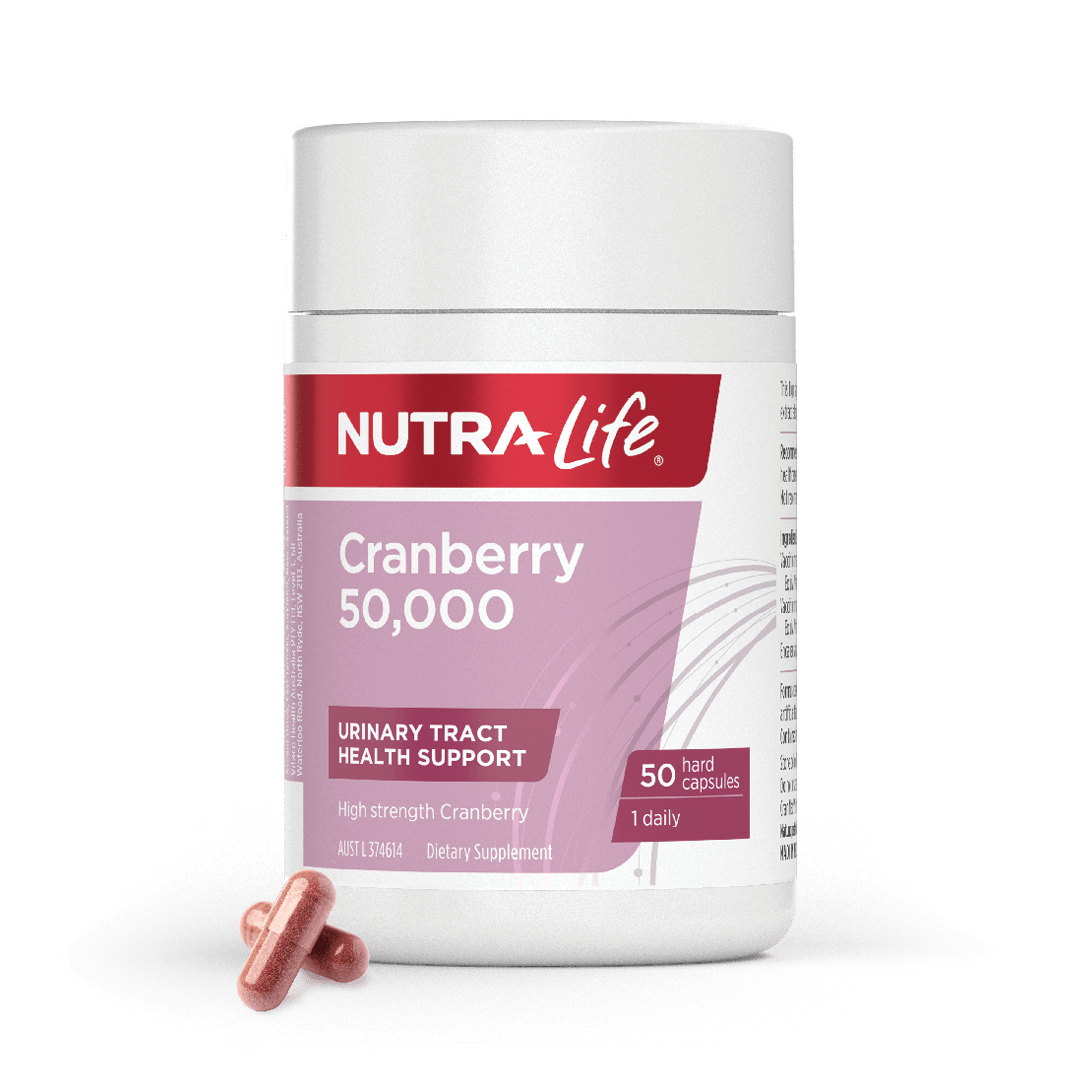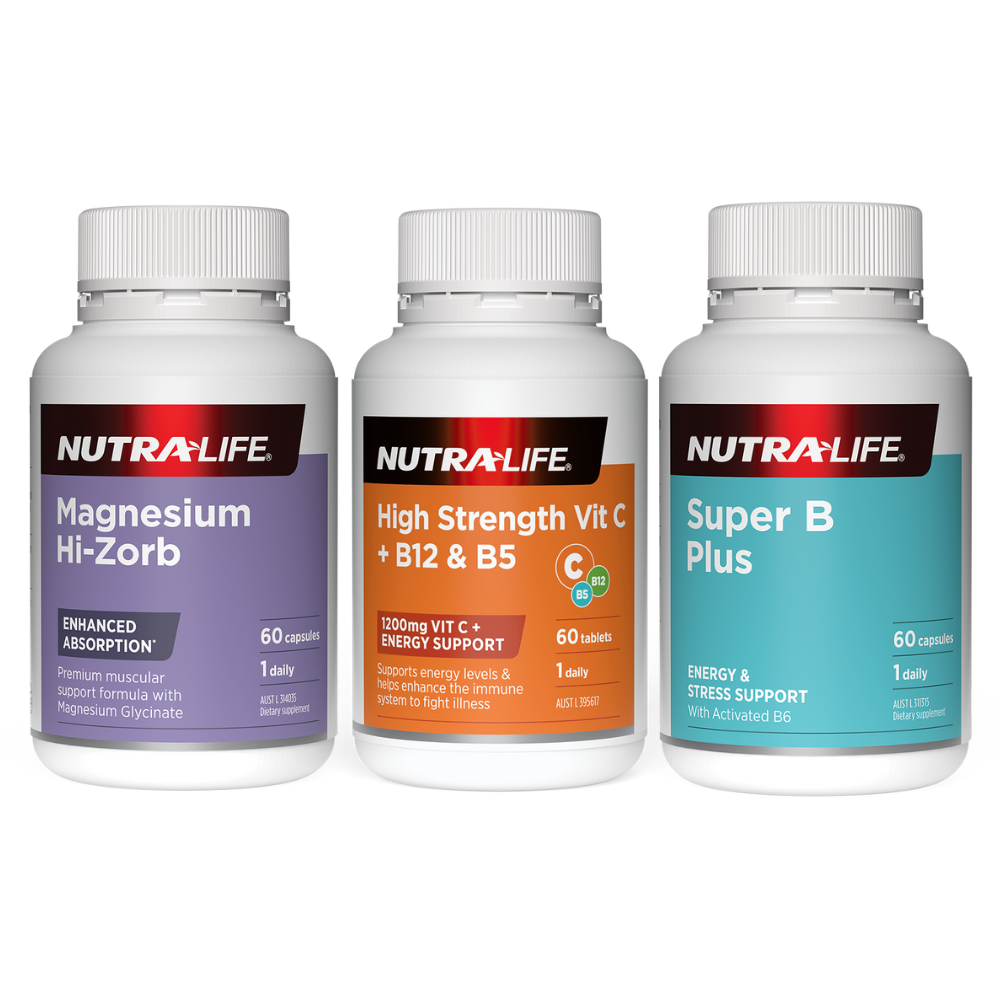Wish your energy levels were higher? It all starts with your cells…
If you regularly wake up tired, and then end each day sprawled out on the couch, you’ve probably wished for more energy. To make that happen, it helps to understand your body’s energy-production process. If you zoom in to a cellular level, you’ll find that every single cell in your body contains several little organelles called mitochondria. Each mitochondrion acts like a tiny digestive system: taking in nutrients like glucose and oxygen and transforming them into ATP – your body’s chemical form of energy. Every process in your body – e.g. movement, communication between cells, or synthesising proteins and hormones – is powered by ATP. So you can see why it’s important to make enough of it. Of course, other systems in your body also affect your mitochondria’s ability to do their jobs. But everything starts at that cellular level.
What you eat affects your energy, so try these four simple food swaps
You’ll know from personal experience that some foods leave you sluggish and tired, while others make you feel vibrant and energetic. Here are a few simple swaps that may help to give your energy levels a boost:- Choose spinach or other dark, leafy greens over iceberg lettuce: dark green, leafy veges contain folate and other B-vitamins, Vitamins C and K, plus minerals like Iron and Magnesium. Each of these nutrients plays either a direct or an indirect role in helping your mitochondria to produce cellular energy.
- Choose whole grains over white bread: whole grains take your body longer to break down, so their energy is released over a longer period, which helps to avoid blood sugar crashes. Plus, whole grains contain more B-vitamins, Iron and Magnesium too.
- Choose green smoothies over pure fruit smoothies: while pure fruit smoothies may sound healthy, they can be very high in simple sugars (the kind that give you an energy spike, followed by a crash). Swap out some of that fruit for dark, leafy greens to enjoy all the taste with more nutrients and less sugar.
- Choose water over caffeinated drinks: caffeine can artificially boost your energy, but that’s usually followed by a crash. Plus, caffeinated drinks tend to be dehydrating. Keeping your body hydrated, by contrast, will help to flush out the toxins and waste products that can leave you feeling sluggish and fatigued.
Bonus tip: consider taking a CoQ10 supplement
Co-Enzyme Q10 (CoQ10) is a little-known nutrient that plays a vital role in helping your mitochondria to create cellular energy. That’s why it’s often described as “nature’s spark plug”. Our bodies do produce CoQ10 naturally, but the older we get, the less of it we create. Nutra-Life CoQ10 300mg provides double strength CoQ10* in a convenient, one-a-day capsule to supplement your body’s natural CoQ10 levels. Our tip? Ask at your local pharmacy or health food stores for Nutra-Life CoQ10 300mg to supplement the energy swaps in this article.



